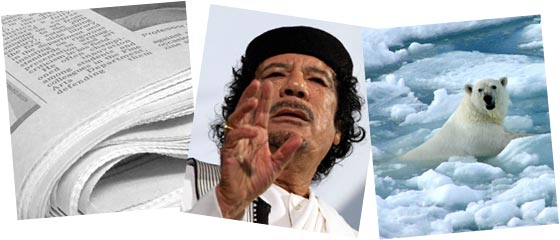 ![[Header]](../XuShared2/Line3.jpeg)

Add a Comment (Go Up to OJB's Blog Page) Metric BritainEntry 607, on 2007-09-12 at 19:03:32 (Rating 1, News) A report I read recently on the BBC News web site said that the EU has given up trying to fully convert Britain to using metric units. Opponents cited the expense of converting road signs and other signage, and the confusion caused by lack of familiarity with the new units.
I don't think anyone would deny that the metric system is vastly superior to the old Imperial system, but the cost and confusion of the conversion is undoubtedly an issue. So should Britain have joined the vast majority of other countries and adopted the metric system or not?
Well of course they should have, at least from a logical perspective. Many other countries (including here in New Zealand) converted and it wasn't the end of the world. The old units are still used occasionally and most people understand how much beer is in a pint for example, but even older people rarely use Imperial units in normal conversation.
On the other had there is something rather quaint about using a system which has 12 inches in a foot, 3 feet in a yard and 1760 yards in a mile (but don't ask me about rods, furlongs and fathoms). So the idea of making it illegal to not use metric units was rather silly. Maybe that was a deliberate ploy to sabotage the process, because if the proposal had been less extreme it would have had less resistance.
Of course, there are many areas where a more sensible system would be worth pursuing. A metric time system with 10 hours in a day, 100 minutes in an hour and 1000 seconds in a minute sounds like a good start. Except that they would be called a day, deciday, milliday and microday. That would make a deciday equivalent to 2.4 hours (people would work 3 decidays per day), a milliday equivalent to 1.44 minutes and a microday equivalent to 0.15 seconds (10 microdays would be 1.5 seconds). Yes, I think it could work.
Extending that to the calendar we would have 10 days in a week (or decaday as it would be known) but we would need to keep the month (about 3 decadays) and year (about 36 decadays) the same because they are based on astronomical phenomena. Of course, in the future we should alter the orbits of the Moon and Earth and adjust the Earth's rotation rate to make things fit!
OK things are getting a bit out of control here and I've finished my 15 centiliters of coffee and I only have 5 millidays to walk about 15 hectometers to my next appointment. Gotta go!
 Comment 1 (885) by DBC on 2007-09-24 at 19:31:05:
You took 5 millidays to walk just 15 hectometers. You must walk really slowly! 
You can leave comments about this entry using this form. To add a comment: enter a name and email (both optional), type the number shown above, enter a comment, then click Add.
Note that you can leave the name blank if you want to remain anonymous.
Enter your email address to receive notifications of replies and updates to this entry.
The comment should appear immediately because the authorisation system is currently inactive.
![[Comments]](../XuShared/Comment1B.jpeg) ![[Preview]](../XuShared/Comment6B.jpeg) ![[Blog]](../XuShared/Up2B.jpeg)
|

![[Comments]](../XuShared/Comment1B.jpeg)
![[Preview]](../XuShared/Comment6B.jpeg)
![[Blog]](../XuShared/Up2B.jpeg)